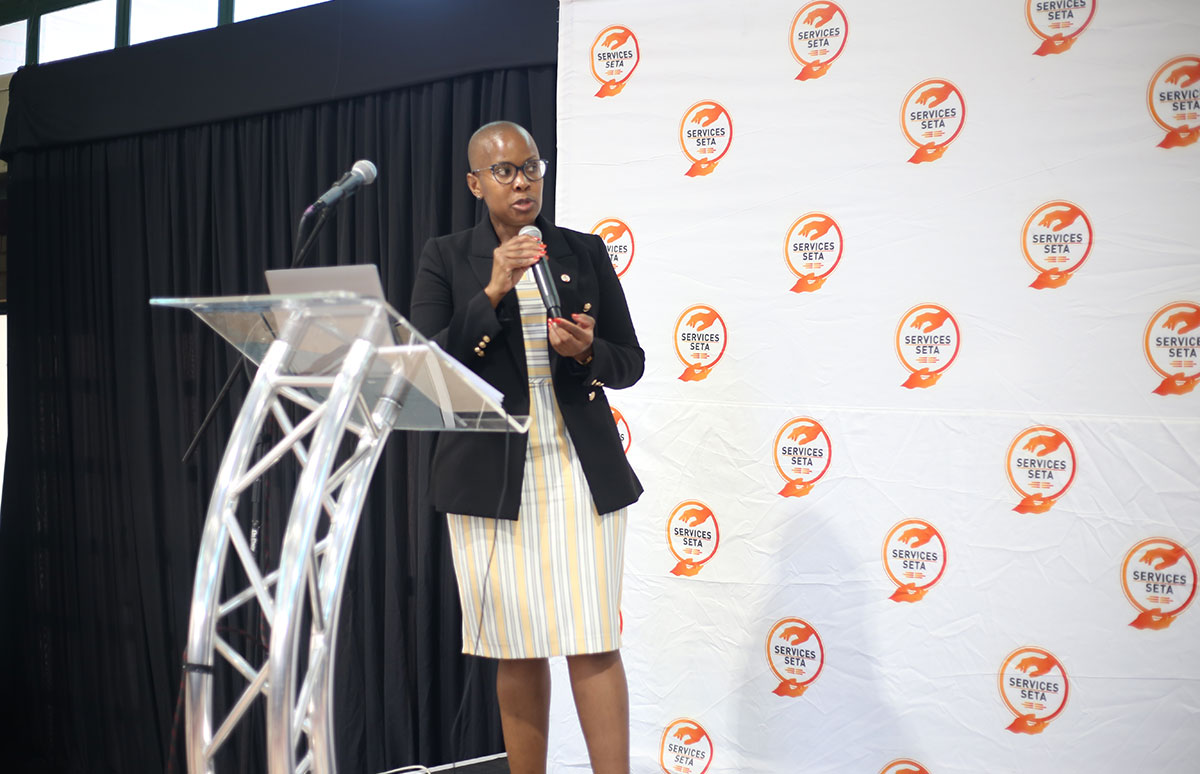
Services Seta National Stakeholder Engagement Commences
The Services SETA held its first national stakeholder engagement session this week in Durban, Kwa Zulu Natal. The goal of these stakeholder engagement sessions is to give stakeholders in the services sector insights into the public entity’s organisational developments. Furthermore, the Services SETA intends to communicate the implications of the transition from legacy qualifications to occupational qualifications. Among the stakeholders in attendance were employers, skills development providers, and public institutions. “Our goal is to ensure that we bring you on board into our transition from legacy to occupational-based qualifications, which is one of our focus areas that seek to ensure that our skills development as articulated in the National Skills Development Plan (NSDP) 2030 are of quality, relevance and are addressing the priority skills focus areas that are demanded by our economy” added Andile Sipengane, executive strategic partnerships.
During this session, the public entity provided stakeholders with an update on the latest business developments. Historically, the organization has struggled with non-optimal business processes and over-commitments. In turn, this affected how the organisation served its stakeholders. Sibusiso Dhladhla, executive manager for corporate affairs, said, “We are using the business development cycle to continuously review our internal processes. We have also embarked on the Organisational Development (OD) process to ensure that we have the right people to deliver on our mandate. Over the past two years, we have done a lot of work to improve our systems. We have already started to see the fruits of our efforts, especially with the Learner Management and Information System (LMIS).
In the second part of the program, the transition to occupational qualifications and its implications for stakeholders were unpacked further. Occupational qualifications result from work-based learning and are related to a trade, occupation, or profession. These qualifications, therefore, require work experience as part of the learning process. As we transition into occupational qualifications, it is not just about the theoretical elements, but also about involving employers and industry to ensure quality and relevance.
‘We also need to make sure that what we develop and supply is in demand from an industry point of view,” explained Ms. Mamabele Motla, executive manager of strategy and planning.
In the coming weeks, there will be three more hybrid sessions, in Johannesburg on 27 October, Cape Town on 11 November, and Bloemfontein on November 2022. All these sessions still allow for virtual attendees; however, Bloemfontein still has space for physical attendance. For more details, visit our website or follow this link to book your space for the next session.
